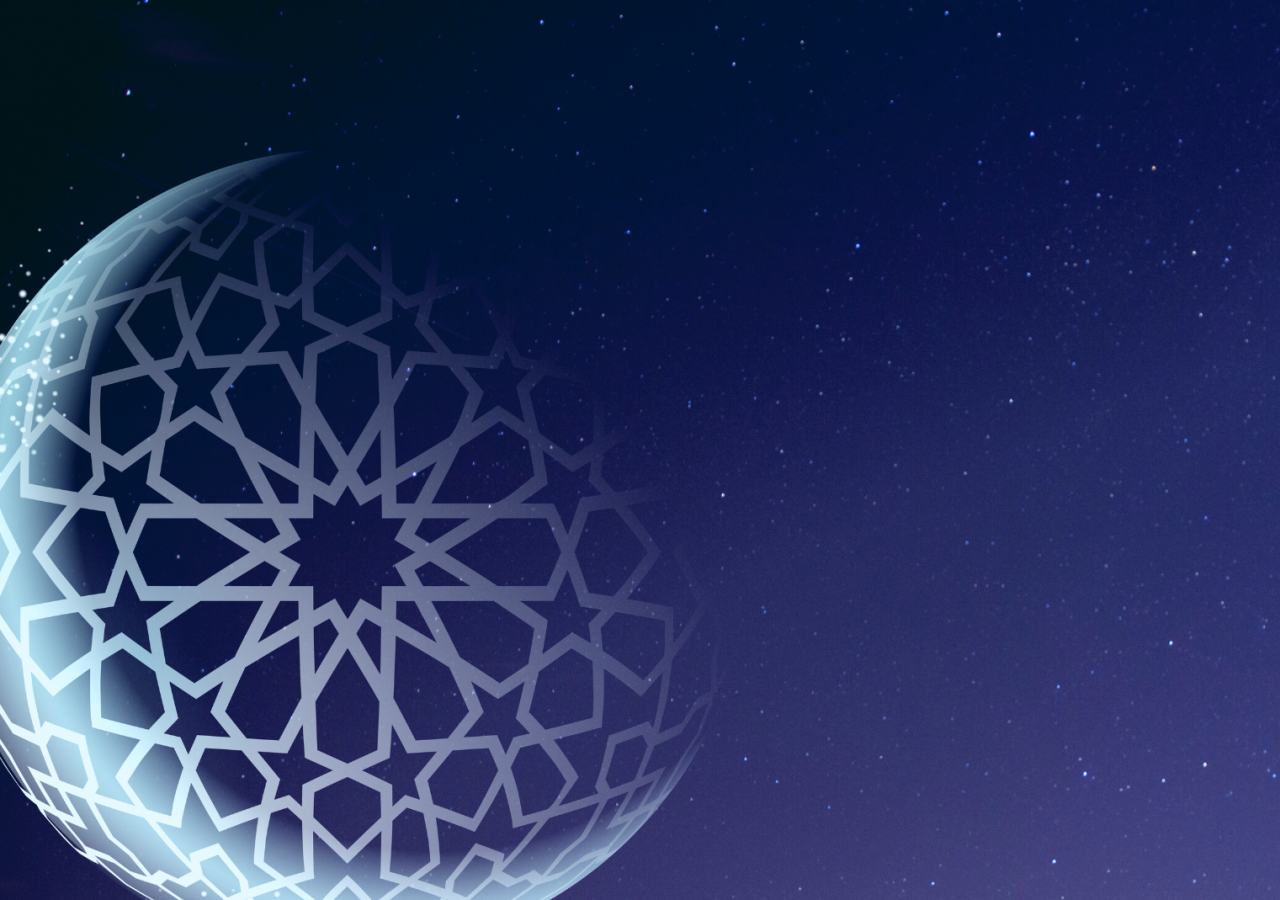In the Mathnawi, Jalal al-Din Rumi tells us about the reed who is heartbroken for she is separated from her beloved:
Listen to the song of the reed,
How it wails with the pain of separation:
"Ever since I was taken from my reed bed
My woeful song has caused men and women to weep.
I seek out those whose hearts are torn by separation
For only they understand the pain of this longing.
Whoever is taken away from his homeland
Yearns for the day he will return.1
The reed’s songs are simultaneously a yearning and a remembrance of the origins. Human beings, too, share this tale of separation with the reed and are called on to “remember God much” (Surah al-Shu‘ara 26, ayah 227).2
The Arabic term dhikr has a broad range of meanings which is a result of conventional usage; these include remembrance, recollection, invocation, repetition, incantation, recitation, and glorification. In the Muslim faith, dhikr is often linked to the remembrance of Allah and is one of the most frequent forms of prayers.
Remembrance of God can take many forms. Sometimes dhikr is performed aloud (jali) or silently (khafi); it can be performed in solitude or in group settings. In some cases, we use specific phrases such as Allahu Akbar (Allah is Greater), Subhan Allah (Glory be God), and Allahu Samad (Allah is Absolute, Independent).
In other cases, we remember Allah through His Names such as: Ya Allah (O Allah), Ya Rahman (O Beneficent), Ya Rahim (O Merciful), Ya Wahhab (O Bestower), and Ya Ali (O Most High). This practice derives from an ayah about God’s beautiful names: “Unto God belong the Most Beautiful Names; so call Him by them” (Surah al-A‘rāf, ayah 180).3
Through dhikr we seek intimacy and nearness of Allah, as well as beseech His favors. We ask for His forgiveness – Astaghfir-ullahi Rabbi wa Atubu Ilayhi (Verily, I seek forgiveness from Allah, Who is my Lord – Sustainer, and I turn towards Him in repentance) – and thank Him – Shukran ilillah wal Hamdulillah (All thanks are due to Allah, and all praises are due to Allah).
We also send blessings on our Prophet and Imams through the recitation of the salawat, Allahuma Salli ala Muhammadin wa aal-e Muhammad (O Allah! Let Thy blessings be on Muhammad and his progeny).
Indeed, all life forms are engaged in remembering and praising Allah. In Surah al-Isra, Ayah 44, we learn:
“The seven heavens and the earth and everyone in them glorify Him. There is not a single thing that does not celebrate His praise, though you do not understand their praise: He is most forbearing, most forgiving.”4
Dhikr allows us to bring the Divine into our everyday lives and to never spend a moment in forgetfulness. A man once asked Prophet Muhammad (salla'l-lahu alayhi wa-aal-hi wa-sallam), ‘O Rasul Allah, the requirements of Islam are too many for me, so tell me something that I can cling to.” The Prophet replied, “Let your tongue never cease to be moist from invoking Allah.”5
Indeed, being in remembrance of Allah, can be a source of tremendous contentment. In the Surah Ar-Ra’d, ayah 28, Allah asks, “Are not hearts at peace in the remembrance of God?”6
Let us remind ourselves of our origins, commit ourselves to remembrance, and guard against forgetfulness.
1Johathan Star. From "Rumi: In the Arms of the Beloved." (New York: Jeremy P. Tarcher/Putnam, 1997).
2Seyyed Hossein Nasr, The Study Quran, 2015, p. 926.
3Seyyed Hossein Nasr, The Study Quran, 2015, p. 472.
4Abdel Haleem, The Quran, Oxford University Press, 2008.
5As cited in Moosa Raza, In Search of Oneness: The Bhagvad Gita and the Quran through Sufi Eyes, Penguin.
6Seyyed Hossein Nasr, The Study Quran, 2015, p. 623.








